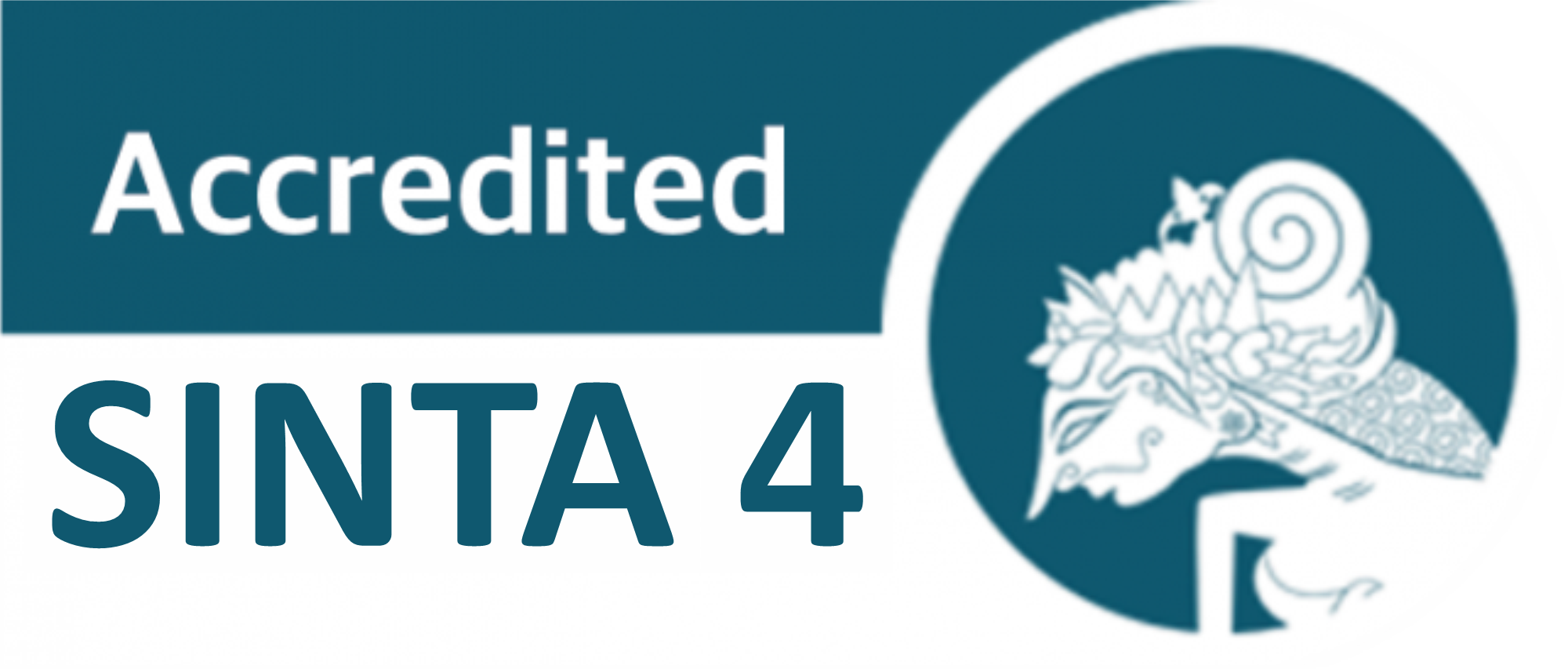Activity Book Design of Color Introduction for Mild and Moderate Intellectual Disabilities Student
DOI:
https://doi.org/10.24114/gr.v14i1.64517Keywords:
Participatory , Design , Activity Book, Color , Intellectual DisabilitiesAbstract
Every child, regardless of their unique circumstances, is entitled to an education. Education has the potential to help children with special needs develop their skills and capabilities. Therefore, it is crucial to have an inclusive education that addresses the needs of children with special needs to reveal their talents and promote independence. This media aims to investigate the types of interactions that can enhance the teaching and learning experience for students with mild to moderate intellectual disabilities, particularly in understanding colors. The approach used involves Participatory Design and Participatory Action Research, where both teachers and students participate actively. This method begins with identifying needs, collecting data, conducting trials and assessments, prototyping, collaborating, making revisions, implementing, and finally performing follow-up evaluations. The goal is to create an engaging medium that improves the fine motor skills of students with mild and moderate intellectual disabilities by introducing them to the colors of a rainbow. The activities in this workbook focus on individually recognizing colors without distractions to help maintain attention. After that, students will identify colors by spelling their names that correspond to the colors displayed. This is further supported by highlighting the letters according to the colors, which helps develop fine motor skills through writing. The next task involves matching images with colors. Finally, a color-sorting exercise is conducted based on shape and color. This cycle is repeated over three consecutive days to allow students to observe and understand the colors in their environment as related to those in the rainbow. Through these activities, students with mild intellectual disabilities can name colors and memorize the order of the rainbow to identify colors around them. For students with moderate intellectual disabilities, this activity helps them recognize and name nearby colors using the rainbow colors, with support and guidance from teachers.References
Ambarwati, P., & Darmawel, P. S. (2020). Implementasi Multimedia Development Life Cycle pada Aplikasi Media Pembelajaran untuk Anak Tunagrahita. Majalah Ilmiah Unikom, 18(2), 51–58. Https://Doi.Org/10.34010/Miu.V18i2.3936
Esterina, N., Tan Mutiara, I., & Febriani Lee, C. (2020). Meningkatkan Kemampuan Menulis Angka 1-3 Melalui Metode Stimulasi Multisensoris dan Reinforcement pada Anak Tuna Grahita Sedang. Psibernetika, 13(2). Https://Doi.Org/10.30813/Psibernetika.V13i2.2383
Fatima, S., Ahmad, Z., Mahmud, A. N., Mori, J., Tuasikal, S., Bimbingan, J., & Konseling, D. (2023). Analisis Kebutuhan bagi Anak Tuna Grahita di Lingkungan Pendidikan. Superior Education Journal, 1(2), 37. Https://Doi.Org/10.30734/Jpe.V7i2.745
Haryani, W., Meliawati, D., & Muslifar, R. (2021). Peningkatan Kemampuan Anak dalam Mengenal Warna Melalui Kegiatan Finger Painting di TK Rahayu Samarinda. Early Childhood Journal, 1(1), 25–29. Https://Doi.Org/10.30872/Ecj.V1i1.209
Hussain, S., Sanders, E. B. N., & Steinert, M. (2012). Participatory Design with Marginalized People in Developing Countries: Challenges and Opportunities Experienced in a Field Study in Cambodia. International Journal of Design, 6(2).
Junita Sari, G., Taufan, J., Damri, & Mahdi, A. (2023). Meningkatkan Kemampuan Mengenal Warna Dasar Melalui Metode Montessori bagi Siswa Tunagrahita Sedang. Jurnal Pendidikan Tambusai, 7(3), 20086–20090.
Miswar, M., Rian, R., Muler, Y., & Rajudin, R. (2022a). Studi Warna dan Gaya Pada Karya Yazid. Gorga : Jurnal Seni Rupa, 11(2), 370. Https://Doi.Org/10.24114/Gr.V11i2.38384
Miswar, M., Rian, R., Muler, Y., & Rajudin, R. (2022b). Studi Warna dan Gaya pada Karya Yazid. Gorga : Jurnal Seni Rupa, 11(2). Https://Doi.Org/10.24114/Gr.V11i2.38384
Nurwidyayanti, N. (2022). Karakteristik dan Permasalahan untuk Anak Berkebutuhan Khusus. Klasikal : Journal of Education, Language Teaching and Science, 4(3), 662–669. Https://Doi.Org/10.52208/Klasikal.V4i3.460
Pratiwi, M. A. Bening. (2023). Perancangan Tiny House dengan Metode Participatory Design. Gorga : Jurnal Seni Rupa, 12(1), 40. Https://Doi.Org/10.24114/Gr.V12i1.42884
Ramadhani, S. N., & Sudarsini. (2018). Media Quiet Book dalam Meningkatkan Keterampilan Memakai Baju Berkancing bagi Tunagrahita. Ortopedagogia, 4(1), 12–16.
Rizali, M., Warhat, Z., & Zebua, E. (2019). Pengaruh Elemen-Elemen Desain Komunikasi Visual (DKV) Box Art Game Terhadap Story Line Berdasarkan Persepsi Gamers Pada Video Game Populer Di Indonesia. Gorga : Jurnal Seni Rupa, 8(2). Https://Doi.Org/10.24114/Gr.V8i2.14700
Rushton, R., Kossyvaki, L., & Terlektsi, E. (2023). Musical Preferences of People with Profound Intellectual and Multiple Disabilities: A Participatory Design with Proxies. British Journal Of Learning Disabilities, 51(4). Https://Doi.Org/10.1111/Bld.12524
Setiyaningsih, I., Yosiani, P. D., & Sudiana, I. W. (2023). Implementasi Media Pembelajaran Audio Visual Terhadap Kemampuan Menulis Peserta Didik Kelas XII Mipa 1 Di SMA Negeri 2 Bangli Tahun 2022. Faktor : Jurnal Ilmiah Kependidikan, 10(2), 104. Https://Doi.Org/10.30998/Fjik.V10i2.14769
Shanthi Priya, R., Shabitha, P., & Radhakrishnan, S. (2020). Collaborative And Participatory Design Approach in Architectural Design Studios. Social Sciences and Humanities Open, 2(1). Https://Doi.Org/10.1016/J.Ssaho.2020.100033
View Of Analisis Kebutuhan Bagi Anak Tuna Grahita di Lingkungan Pendidikan. (N.D.). Retrieved May 23, 2025, From Https://Jurnal.Dosenkolaborasi.Org/Index.Php/Sej/Article/View/54-62/8
Zahra, N., & Mansoor, A. Z. (2024). Warna dan Emosi untuk Media Desain Interaktif: Literature Review. Gorga : Jurnal Seni Rupa, 13(1), 340–345. Https://Doi.Org/10.24114/Gr.V13i01.57946
Downloads
Published
How to Cite
Issue
Section
License
Copyright (c) 2025 Avierry Fionarizoca, Dianing Ratri

This work is licensed under a Creative Commons Attribution-ShareAlike 4.0 International License.
Copyright
Authors published in this journal agree to the following terms:
- The copyright of each article is retained by the author (s).
- The author grants the journal the first publication rights with the work simultaneously licensed under the Creative Commons Attribution License, allowing others to share the work with an acknowledgment of authorship and the initial publication in this journal.
- Authors may enter into separate additional contractual agreements for the non-exclusive distribution of published journal versions of the work (for example, posting them to institutional repositories or publishing them in a book), with acknowledgment of their initial publication in this journal.
- Authors are permitted and encouraged to post their work online (For example in the Institutional Repository or on their website) before and during the submission process, as this can lead to productive exchanges, as well as earlier and larger citations of published work.
- Articles and all related material published are distributed under a Creative Commons Attribution-ShareAlike 4.0 International License.
License
Gorga : Jurnal Seni Rupa is licensed under a Creative Commons Attribution-ShareAlike 4.0 International License.










